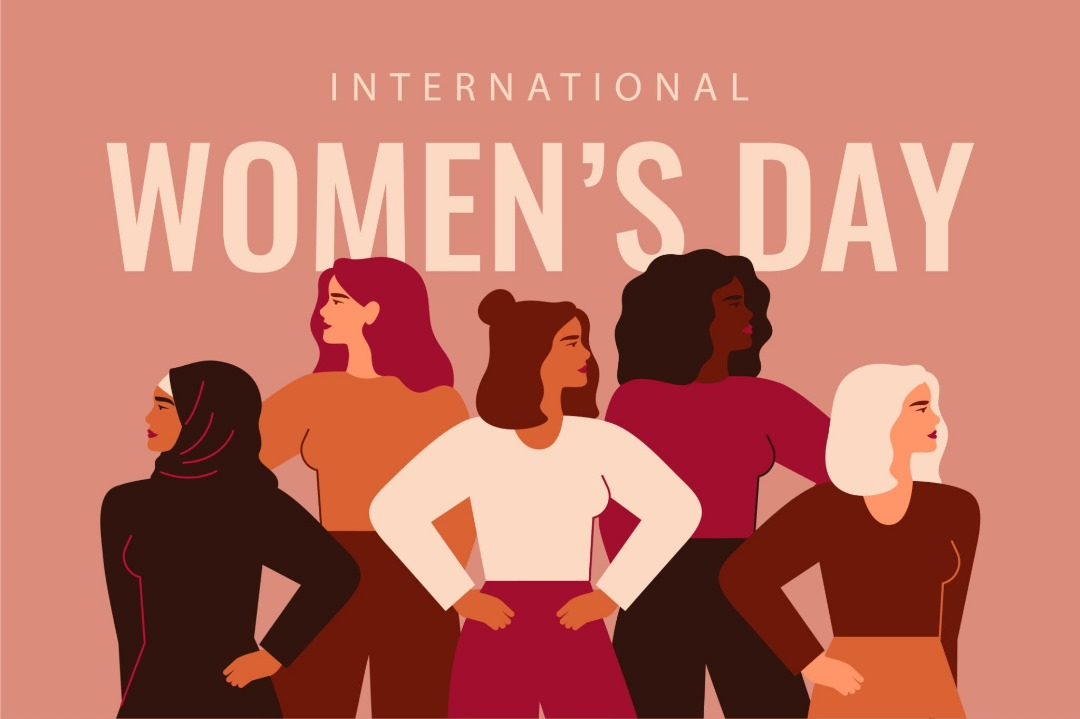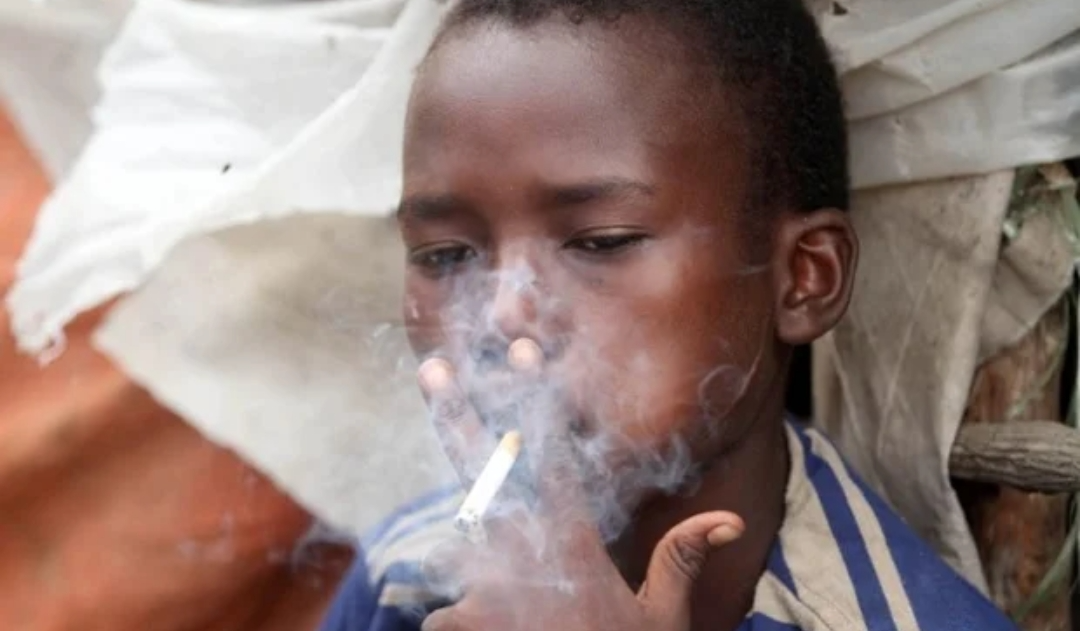National Tobacco Control (NTC) Act 2015 may be exploited by the tobacco industry to deepen their reach in the Nigerian market. Recently, tobacco control activists in Lagos raised the alarm about the influx of new tobacco products without the mandatory Graphic Health Warnings (GHWs), which the Federal Government introduced in 2021. These health warnings were …


